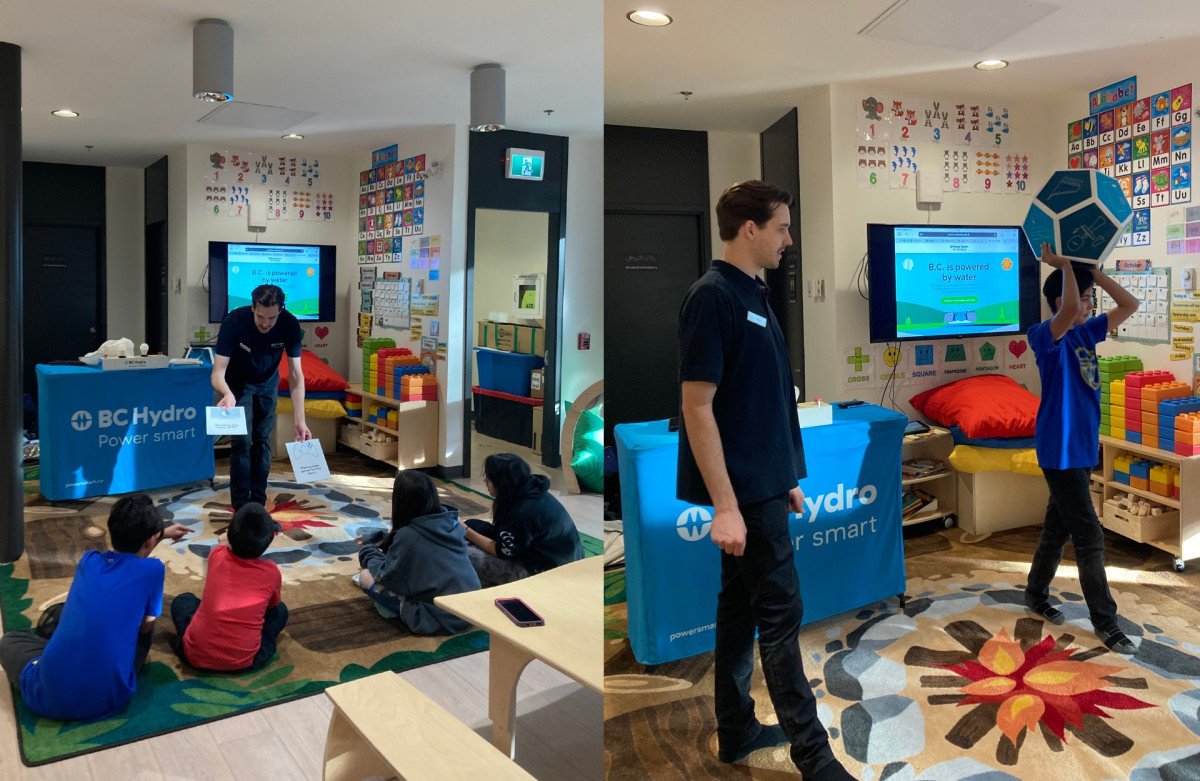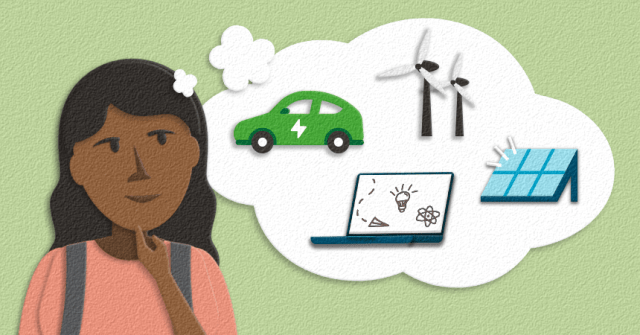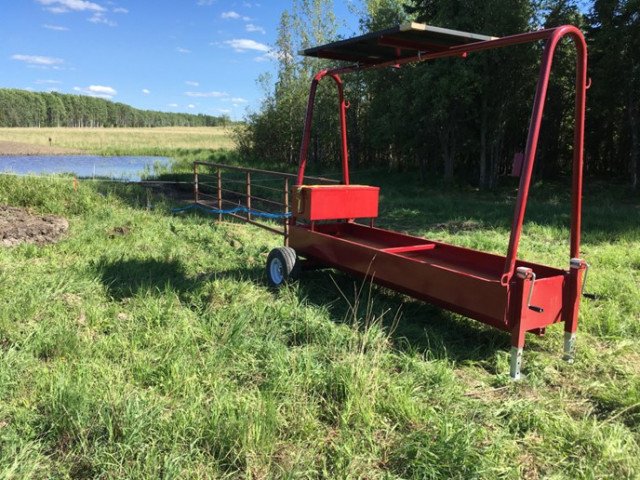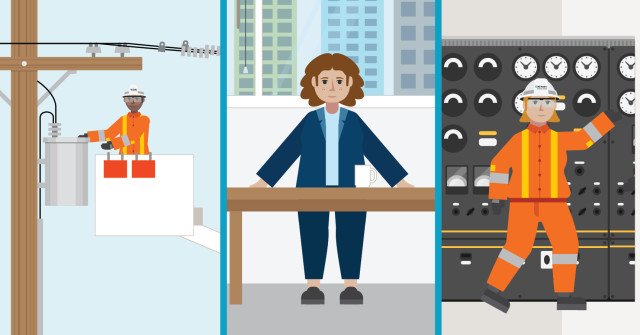Game-based learning is on the rise to drive deeper student engagement in classrooms. Research has shown that video games in particular, can enhance cognitive functionality among youth. Cognitive function refers to complex brain activities including memory, processing speed, attention, and executive functions (e.g., problem solving, reasoning, and planning). The importance of these cognitive functions can be seen through the B.C. core competency of Critical and reflective thinking. By integrating games into learning, it can utilise and enhance students’ critical thinking skills through problem solving whilst allowing the students to better engage with the material.
History of game-based learning
Game-based learning has a long history of thousands of years in context of education, with historical games like Chess being used as a logic game to train tactical thinking. One of the earliest conceptions of the idea that games can be educational came from Plato, a renowned Greek philosopher who lived over 2400 years ago. He believed that play can the first step to true knowledge. This idea was re-introduced in the 14th century by educator Vittorino da Feltre, however he considered the idea of using games to teach came from the ancient Egyptians, which used games like Mancala to teach mathematics.
In the 17th century, Czech philosopher John Amos Comenius presented his theory which viewed games as an ideal form of learning and that the ‘fun’ aspect of play and the seriousness of learning should combine together. Fast forward to the 1980s, psychologists Mark Lepper and Thomas Malone released a study on how games can help stimulate motivation. Digital games began to emerge around this time with games like Oregon Trail and Lemonade Stand. As PCs became more available for families in the 1990s and the increasing access to the internet in 2000s, games provided access for people to play and learn together across the world.
More recently in 2018, a study focusing on game-based learning showed that students were shown to have better cognitive functionality from game-based learning as it focuses on problem solving. In 2022, we see further studies show that video games in particular may be associated with better cognitive performances in children.
These studies have impacted the way we teach as many schools currently offer student access to technology. This allows teachers to implement educational games into their classroom using games such as MinecraftEDU.
BC Hydro’s Community Team uses games in their presentations to teach youth about electricity
Knowing the effectiveness of game-based learning, BC Hydro’s Community Team uses games when teaching youth across the province. In a recent visit to Doig River First Nation, the team helped educate students about electricity, energy conservation and electrical safety. To enhance their learning, they played two hands on activities: “Dice game” and “KiloWatt quiz”, and two quizzes on tablets. To make things more exciting, the team added another activity called the “mystery bag”, which had a number of cards inside a bag, to decide the order of activities. The students were eager to start with the “mystery bag” first.
The “KiloWatt quiz” got the students thinking about which items use more electricity in their homes by comparing two items for each question. The “Dice game” featured a 12-sided die where each side had a different picture of something to do with electricity, such as a power line, a video game console, or a dam. The purpose of this game was to get the students thinking about energy savings and safety tips corresponding to the image on the die. This activity got the students moving on their feet to throw the die around the room.
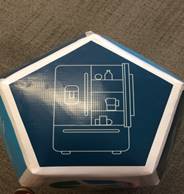
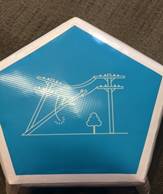
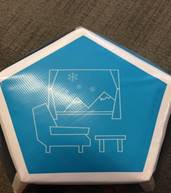
Overall, the team found that the students were very engaged and enjoyed the presentation. From this example, we can see how these games helped students learn about energy conservation and safety and utilize their creative and critical thinking skills by coming up with energy saving and safety tips and understanding which items use more electricity respectively.
How educators use games to enhance the activities they make
To better understand how to incorporate games into activities for K-12 students, we reached out to educational consultants, Skye Consulting, for more insight. They mentioned how a lot of considerations are taken place when developing a game. Some considerations include the space and location the students are in. “Can they go outside, can this be played in the classroom?” Other considerations include the materials required, the age of the students and how easy is it to explain the game or topic. One interesting consideration is “how to deal with a ‘winner’”. Fiona Zawadzki, Director of Skye Consulting, said, “Students generally like playing games as long as we’re not focused on a winner, so we usually hear things like ‘that was fun’ or ‘can we play that again?’”
The length of the game is important as well. For lessons that are an hour long, they might incorporate a 10-minute game so the students can still have fun and movement which is the “key to a successful lesson.”
For inspiration, Fiona said, “To come up with game ideas, we have been known to sit in the toy aisle of Toys R Us and keep a list of board games, active games etc.”
Using games as a way to educate youth
From what we have learned through its history, games have been used as a learning tool for a long time. Alongside the research and the enthusiasm students have with games, we can see that it’s an effective method to educate youth. Students can become more engaged with their learning materials while enhancing their critical thinking skills. In the long term, these critical thinking skills can be essential when they enter the workforce, study at university and even for everyday life.
To help support your students’ learning, here are some game-based activities. You can also find more game, hands on and quiz activities on the Power Smart for Schools website.
